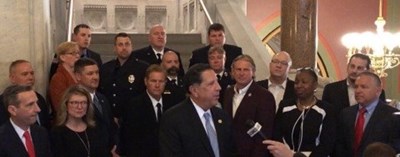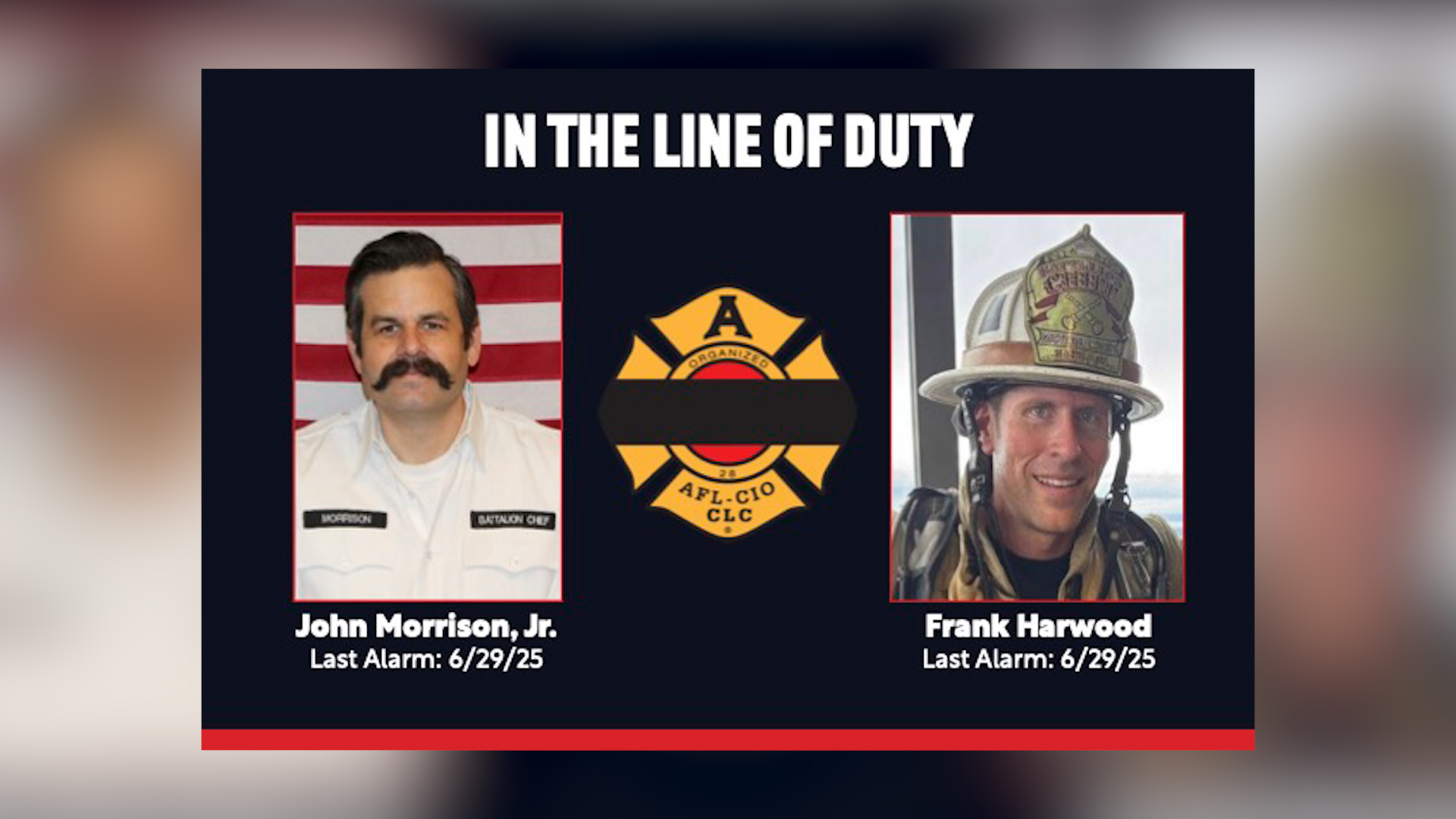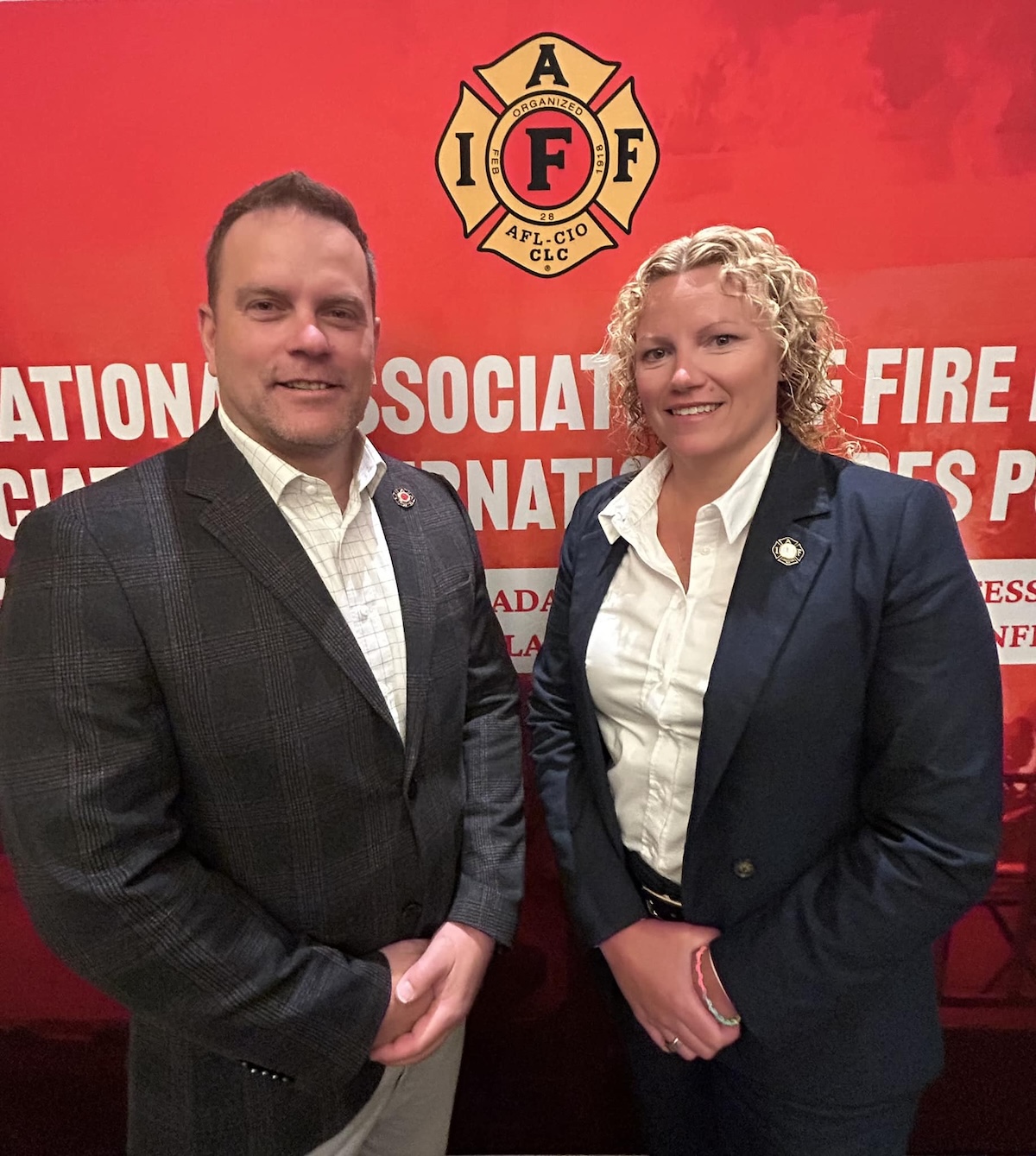04 After six years of lobbying by the Uniformed Professional Fire Fighters Association (UPFFA) of Connecticut, legislation to expand workers’ compensation to cover treatment for fire fighters and police officers diagnosed with post-traumatic stress disorder (PTSD) was introduced on May 13 with bipartisan support.
After six years of lobbying by the Uniformed Professional Fire Fighters Association (UPFFA) of Connecticut, legislation to expand workers’ compensation to cover treatment for fire fighters and police officers diagnosed with post-traumatic stress disorder (PTSD) was introduced on May 13 with bipartisan support.
“The trauma our members see every day has a cumulative effect which weighs heavily on all of them,” says UPFFA President Pete Carozza. “But that compounding effect can lead to PTSD. Left untreated, the symptoms only get worse. It is critical that this measure is passed so our members have access to that treatment.”
The benefit detailed in SB 164 is the result of a compromise between the UPFFA, the police officers union, state lawmakers and the Connecticut Conference of the Municipalities. As with all compromises, it does come with limitations. SB 164 calls for workers’ compensation coverage for fire fighters and police officers diagnosed with post-traumatic stress disorder to see a psychiatrist or psychologist.
The diagnosed patient must have experienced at least one of six qualifying events: viewing a deceased minor; witnessing the death of a person; witnessing an injury that causes death shortly thereafter; treating a person who dies shortly thereafter; carrying an injured person who dies soon after and seeing an incident that causes a person to lose a body part, suffer a loss of body function or permanent disfigurement.
UPFFA leaders also hope to successfully lobby for the passage of a related bill, HB 7394, which would ensure the confidentiality of communications between a fire fighter and a peer support team member. This legislation passed the Joint Judiciary Committee with a favorable recommendation and is on the calendar for consideration.
A third health-related bill, HB 6384, would reimburse fire fighters with cancer for related out-of-pocket medical expenses (insurance deductibles and laboratory and diagnostic testing fees) by the FirefightersCancer Relief Program. The program, established in 2016, is funded by redirecting one penny of a 51-cent surcharge on telephone bills (the remaining 50 cents pays for the state’s 9-1-1 system).
HB 6384 passed the state House 144-0. The legislation is moving onto the Senate for consideration.



